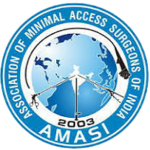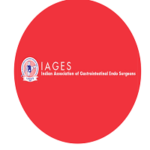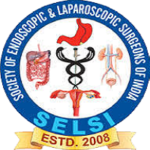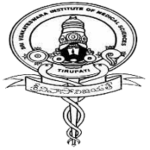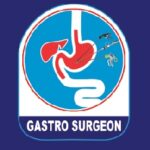Piles
Hemorriods
Hemorriods or piles are swollen veins in the rectum and anus beneath rectal mucosa or anal skin that cause painless bleeding while going for defecation. Often described as “varicose veins of the anus and rectum.The tissues supporting the vessels stretch. As a result, the vessels expand, the walls thin and bleeding occurs. When the stretching and pressure continue, the weakened vessels protrude.
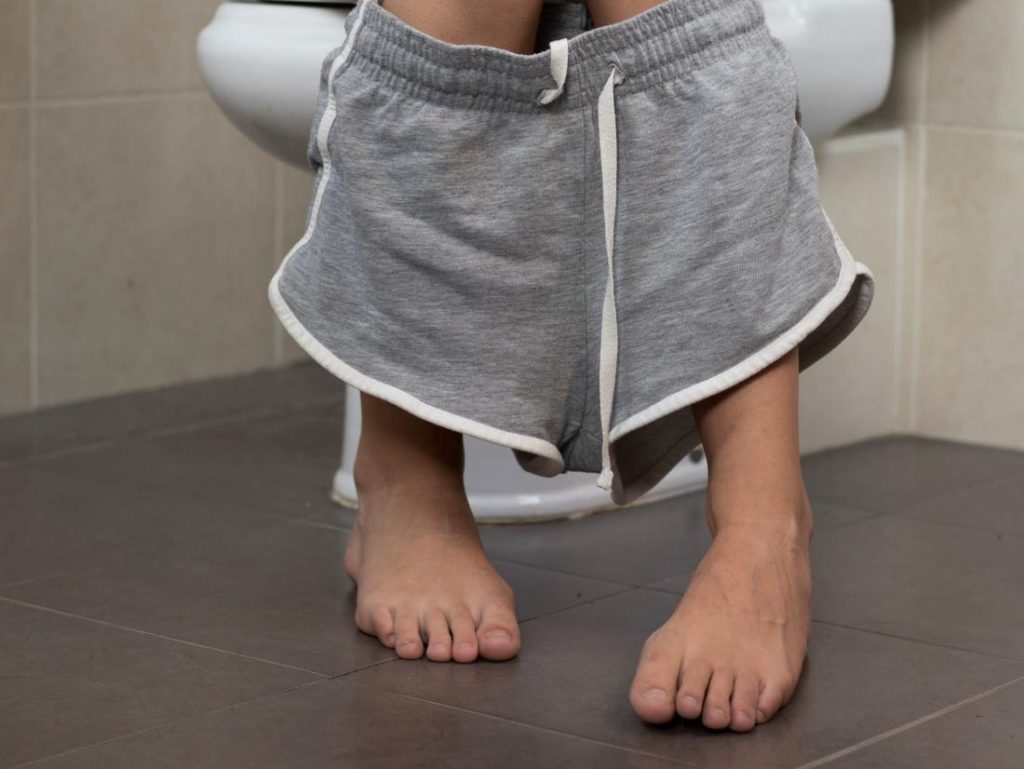
Types
- Internal
- EXternal
Internal hemorrhoids are with in the anus, just below the dentate line, the anus beneath the mucosa. Painless bleeding and protrusion during bowel movements are the most common symptoms. We cant normally see them or feel them until it slides down, to form prolapsed of piles
External hemorrhoids are venous cushions near the anus and are covered by sensitive skin.we can see them and feel them. Symptoms include bleeding and severe pain if these got thrombosed called as thrombosed external piles.
Thrombosed external hemorrhoids are blood clots that form in an outer hemorrhoid in the anal skin. If the clots are large, they can cause significant pain. A painful anal mass may appear suddenly and get worse during the first 48 hours. The pain generally lessens over the next few days. You may notice bleeding if the skin on top opens.
CAUSES
Upright posture of human beings is one of the main causes of haemorroids.. Other contributing factors include:
- Constipation for long duration
- Pregnancy
- Heredity
- diarrhoea
- Straining during bowel movements
- Faulty bowel function due to overuse of laxatives or enemas
- Spending long periods of time on the toilet (e.g., reading)
SYMPTOMS
Any of the following may be a sign of hemorrhoids:
- Most of the times painlessbleeding during defecation
- Protrusion of skin during bowel movements
- Itching in the anal area
Medical management
First of all colorectal surgeon will examine do vidioscopic rectal examination and diagnose, then treat accordingly. Usually 1st and 2nd grade piles can be treated by medical management without surgery.
Treatment includes:
- Eating a high-fiber diet and taking over-the-counter fiber supplements (25-35 grams of fiber/day) to make stools soft, formed and bulky.
- Avoiding excessive straining to reduce the pressure on hemorrhoids and help prevent protrusion.
- Shortening time on the toilet to only 1 to 2 minutes to help prevent protrusion
- Drinking more water to help prevent hard stools and aid in healing.
- Taking warm tub baths (sitz baths) for 10 to 20 minutes, a few times per day to help the healing process.
SURGICAL TREATMENT
Indications for sugical treatment includes 3rd and 4th degree hemorrhoids.
Surgical options are
- Laser treatment for piles
- Stapler hemorroidectomy
- Open hemorroidectomy
Laser treatment for hemorroids
- :it is new modality of the treatment. It’s advantages are
- no bleeding ,
- no pain,
- discharge on the same day.
Stapler hemorroidectomy :
this is very useful in treating prolapsed hemorroids.advantages are minimal bleeding, less pain .It is a day care procedure
If pain from a thrombosed hemorrhoid is severe, your physician may decide to remove the hemorrhoid and/or clot with a small incision. These procedures can be done at your
Everything You Need to Know About Piles or Hemorrhoids
Speaking about hemorrhoids or piles, these are collections of multiple inflamed tissues in the anal canal. These may contain elastic fibers, muscle, blood vessels, or support tissue. Talking more about it, hemorrhoids are vascular structures located in the anal canal that help in controlling the stool. They generally act as a cushion composed of connective tissue and arterio-venous channels that support the passage of stool.
When inflamed or swollen, they become pathological or piles. These are quite common and can affect women and men at any stage. As per the experts, piles are caused to frequent heavy pressure in the veins area. Some other common causes may include persistent diarrhea, excessive straining during the bowl’s movements, and constipation.
Such swellings will be small lumps, discoloured, and round. Some patients can even feel the lump. Remember that they can be quite painful and can bleed. So, if you think you have piles or swellings, then you should consult the best doctor for piles, Dr Baipalli Ramesh, now. No matter what type of piles you have, he can offer best treatment.
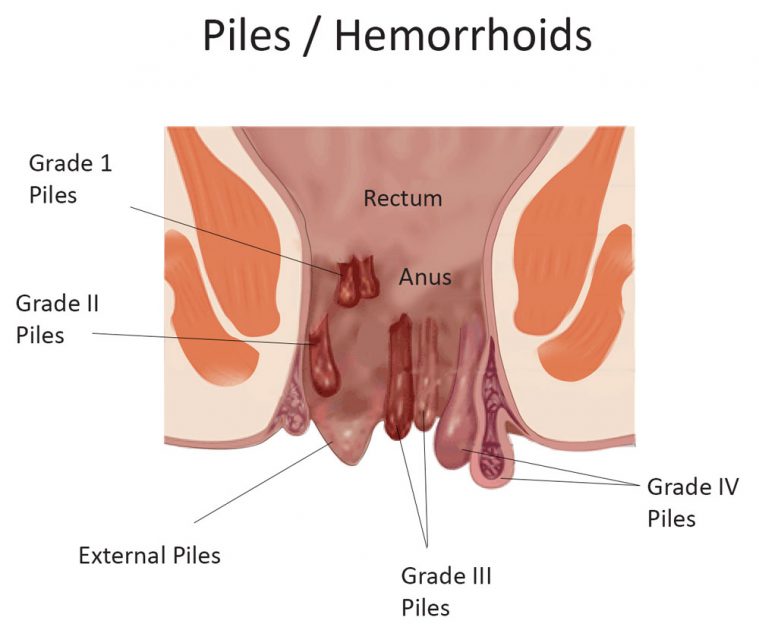
Different type of piles
Piles are generally classified into four different types. These are:
Internal piles or hemorrhoids
These lie deep inside the rectum and are not visible. Well, when you have the internal piles, you may not feel pain, but you may feel the symptom of bleeding through your anus. Internal hemorrhoids are generally located above the pectinate line. They are covered with cells.
External piles or hemorrhoids
External hemorrhoids generally formed in the outer lining of the anal, and you will face severe discomfort if you have these piles. Sometimes, the external piles can be invisible, and sometimes they develop as painful lumps. Remember that in severe cases, they can create blood clots. So, if you have this, don’t take any risk and book an appointment with the best doctor for piles now for an effective treatment.
Thrombosed piles
These are blood clots located within the piles’ tissue. During this condition, there can be a lack of blood supply to the rectal tissue. So, you need to treat your thrombosed piles as soon as possible to avoid any severe health issues.
Prolapsed piles
When the internal piles swell and then stick outside the anus, that is called prolapsed piles. Such lumps are very discomfort or can create pain with burning and itchiness.
Some common symptoms and signs
The symptoms of hemorrhoids can subside after a few days on their own. However, in some conditions, you should not ignore them. Remember that if you ignore the initial symptoms, later, then can cause some serious complications. Some common symptoms to consider are:
- Bleeding
- Rectal pain
- Itching
- Mucus discharge
- Redness and sore in your anus area
It is advisable that if you are bleeding during your piles and the condition doesn’t improve after a few days of home care, you should consult Dr Baipalli Ramesh, the best doctor for piles. The condition is treatable, and the sooner you treat it, the better it will be for you. For the best treatment, you can get in touch with Dr Baipalli Ramesh, a professional Surgical Gastroenterologist.
ASSOCIATION CERTIFICATIONS
